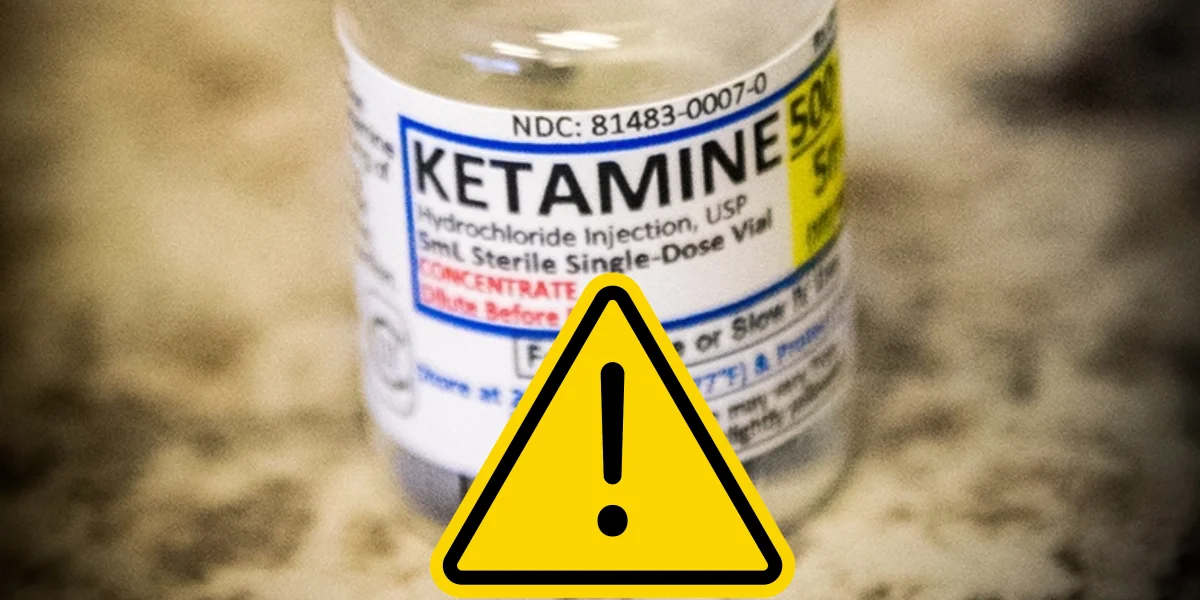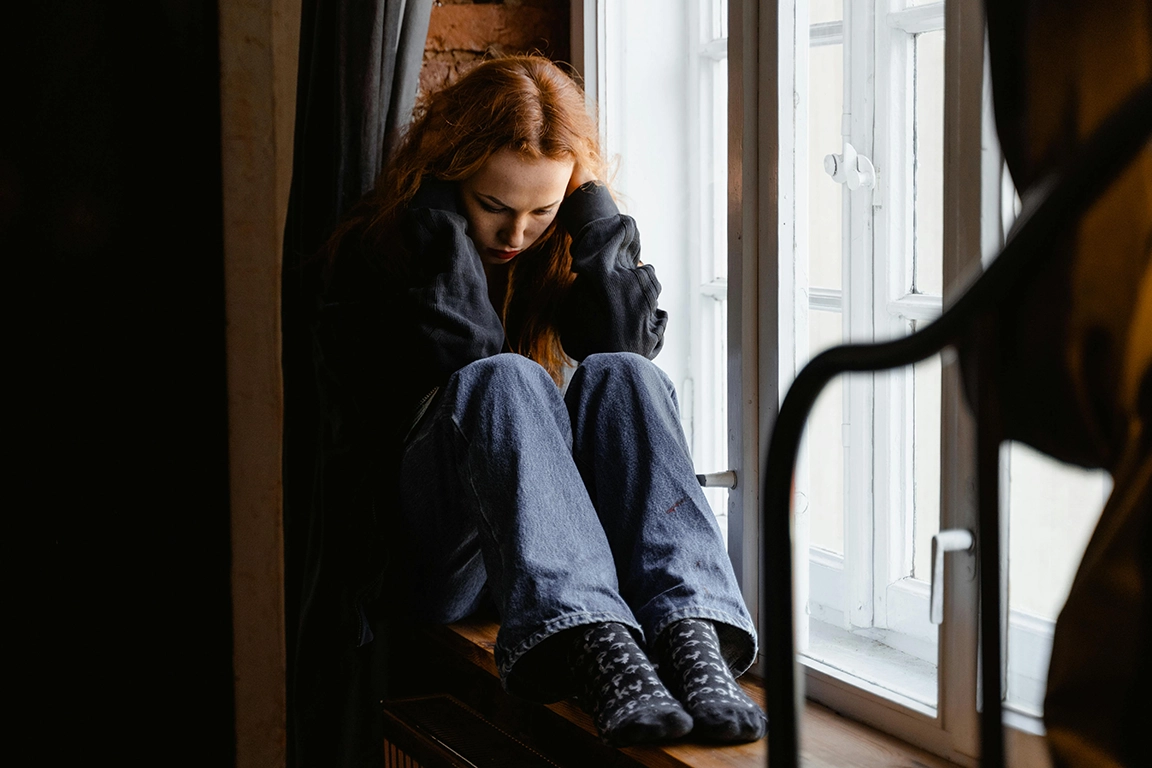Anxiety is the most commonly diagnosed mental illness in the US, with generalized anxiety disorder (GAD) affecting 6.8 million adults in any given year, according to the
Anxiety and Depression Association of America.
If you are part of the nearly 7 million people in the country who are affected by anxiety, or if you have a partner or child with anxiety, read on to learn more about controlling anxiety – and what behaviors make anxiety worse.
Anxiety is Normal . . . Up to a Point
Feelings of anxiety are a normal part of life. Everyday experiences like public speaking, a high stakes meeting at work, or an intense conversation can cause anxiety. Even mundane events like running errands, driving a car, or attending school can induce anxiety.
What Causes Anxiety?
Anxiety is a reaction to unfamiliar, stressful, or dangerous situations. The heightened alertness characteristic of anxiety is triggered by the body’s “fight or flight” response. Anxiety forces us to be aware of, and prepares us to respond to, any nearby threats.
Unfortunately, this response can go into overload. When those feelings of anxiety persist long after the potential threat has passed, and especially if the feelings continue to the point where you no longer feel in control of your emotions, you may be experiencing generalized anxiety disorder (GAD).
9 Things That Make Anxiety Worse
Anxiety can be caused by an accumulation of negative experiences over time, not just a sudden, threatening event. Stress, frustration, physical or emotional insecurity, or other negative emotions can all build up over time and lead to anxiety.
There is a clear connection between external events and anxiety. The good news is that this means you may have some control over these external events and can choose to minimize or avoid them. If your anxiety is triggered by noisy social gatherings, for example, you can decline invitations to such gatherings (where possible).
At the top of the list of potential things to avoid, here are 9 things that make your anxiety worse:
Social situations
Nearly everyone experiences some level of anxiety from social situations. Whether it’s the noise, forced interaction with strangers, or the awkward small talk, forced social situations such as work or school events are known anxiety triggers. Many social events are unavoidable – especially when required for your job – so your best strategy is to acknowledge the situation up front, recognize you will experience some discomfort, and limit the time you spend at the event, if possible.
Financial concerns
Financial concerns have a way of grinding at us day after day, producing a slow but constant form of anxiety. Eventually, those feelings can spill over. Being deep in debt, worrying about a job loss, or finding yourself unable to make ends meet each month can create a large dose of worry and anxiety.
Caffeine
Caffeine increases heart rate, which can increase feelings of stress and anxiety. Cutting back on sources of caffeine (coffee, tea, and colas) can help reduce anxiety. After a brief adjustment period, you may find you don’t need the stimulants as much as you thought.
Medications
Some medications can induce anxiety. If you suspect your medication may be increasing your anxiety, speak with your doctor. There may be an equally effective alternate medication that uses a different formulation.
Interpersonal conflict
Whether you experience conflict at work with a boss, co-worker, or difficult customer, or conflict in relationships at home, the link between interpersonal conflict and anxiety is clear. If possible, minimize negative conflict in order to reduce anxiety. But don’t overdo it – conflict avoidance can become a source of anxiety if the underlying issues remain unresolved.
Negative internal talk track
Your own thoughts may be betraying you. A negative internal talk track, full of self-critical observations and pessimism, can increase anxiety. Work to redirect negative thought patterns to decrease anxiety.
Poor diet/gastrointestinal issues
There is a close connection between the gut and anxious or fearful feelings. When we experience anxiety, we often feel it in our gut in the form of “butterflies in our stomach” or a sinking feeling. On the other hand, a poor diet and gastrointestinal issues can worsen anxiety.
Stress
While several of the items on this list can contribute to stress (social situations, financial worries, or conflict), stress can come from a variety of situations. Even pleasant occasions can cause stress (think spending the holidays with family). Stress can be particularly damaging when you feel unable to control the cause or amount of stress, such as with a demanding or toxic workplace.
Major life changes
Getting married, changing jobs, moving to a new house, having a baby, or going through a divorce can all be significant anxiety triggers. Even when the event is a happy one (switching to a better job or having a baby, for example), the accumulation of new emotions and situations can cause anxiety. Due to the nature of these major life events, they cannot be avoided, so having a good coping strategy in place is your best course of action.
Treatment For Anxiety
Anxiety can be treated with lifestyle changes, medication, therapy, and
ketamine infusion therapy. While traditional treatments have proven effective for many patients, a significant number of patients continue to experience ongoing symptoms due to treatment-resistant forms of anxiety. Because ketamine therapy uses a different mechanism of action to achieve its result,
ketamine is an ideal solution for those seeking relief from anxiety who have not found relief from other treatments.
Ketamine Treatment for Anxiety – Indianapolis
Hoosier Ketamine & Wellness offers ketamine treatment for anxiety in Indianapolis and surrounding areas. If you are suffering from anxiety, contact us today to see if ketamine treatment at Hoosier Ketamine & Wellness is the right option for you. Ketamine treatment can provide fast relief, allowing you to feel like yourself again in a matter of weeks, not months.
Contact us today to schedule a free phone consultation.



